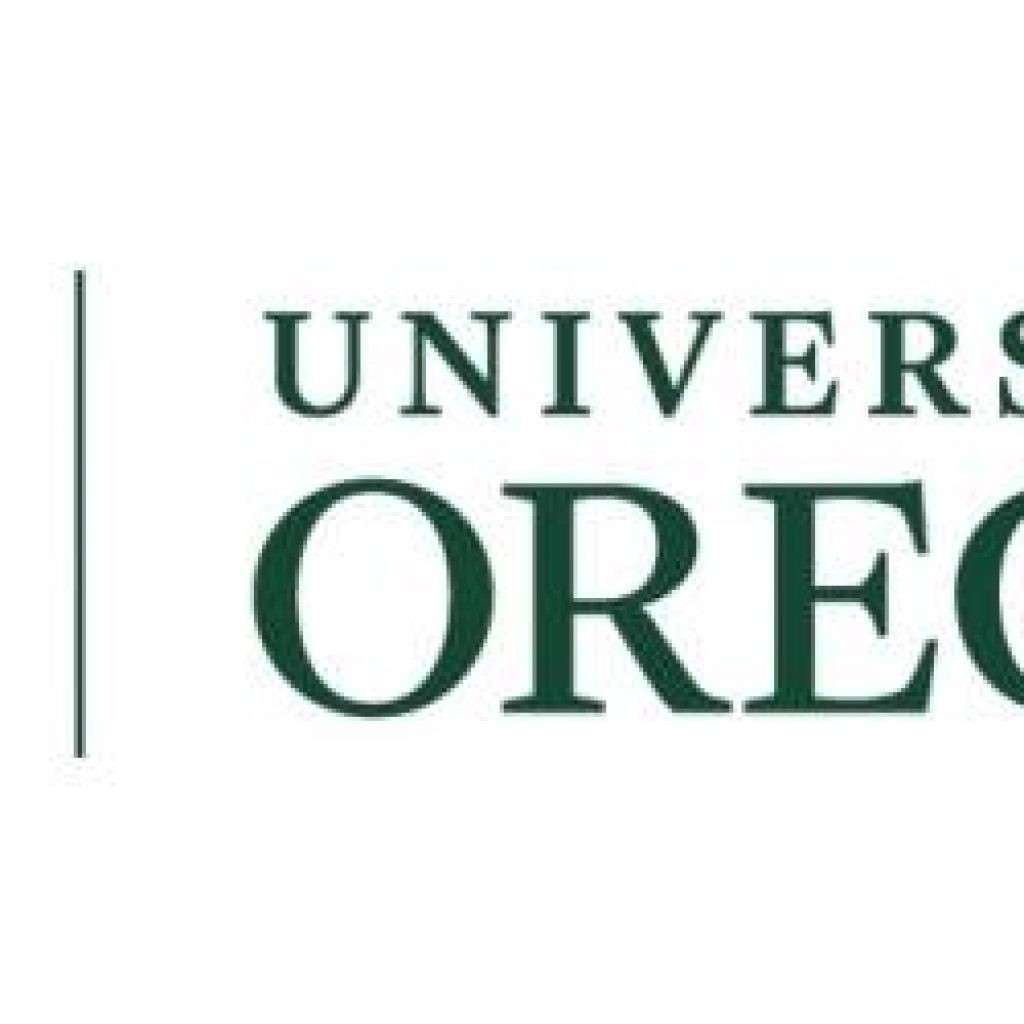(HPCWire) A research team that includes two University of Oregon physicists has outlined new techniques for controlling the building blocks of quantum computing, a potentially significant step toward making such computers more accurate and useful.
Physicists David Allcock and David Wineland are founders of the new Oregon Ions Laboratory, which was recently set up in the basement of Willamette Hall. They are among 12 authors of a new paper, which is based on an experiment at the National Institute for Standards and Technology in Boulder, Colorado. Both scientists previously worked at the Colorado lab and continued to collaborate on the project after coming to the UO in 2018.
The techniques, described in the journal Nature, involve the use of trapped-ion quantum bits, or qubits, in quantum computing and simulations. They could lead to improvements in the operation of quantum computers, which still make too many computation errors to be effective tools, the physicists said.
The problem with quantum computers is that their logic gates — the tools used to perform basic logic functions in computing — “are really bad,” Allcock said.
“They fail about 1 percent of the time,” he said. “You can do about 100 (operations), then you get garbage out.”
Wineland added, “The whole field is in a stage now, because of errors that exist, that we can’t do lengthy calculations or simulations of practical value on our machines.”
The goal is to get to 10,000 operations without error and then add layers of checks to fix the errors as they happen, he said.
U of Oregon Physicists Offer New Way to Control Qubits
